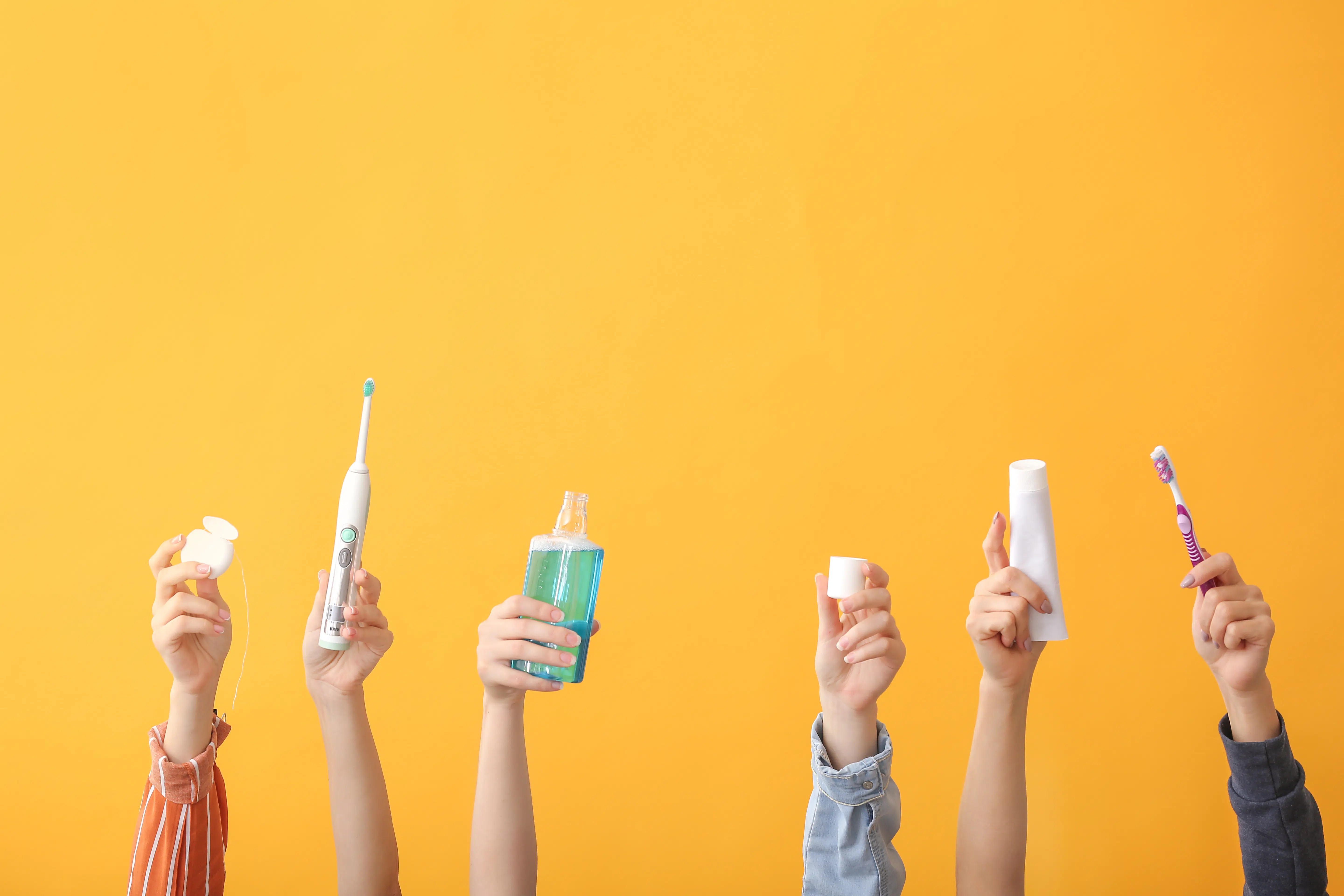Preventative dentistry is one of the most important aspects of oral health and can help save you from tooth decay and gum disease. It involves improving poor oral health to prevent dental problems from developing in the first place. The aim is to help prevent you from needing to have surgical or invasive procedures by maintaining good oral hygiene and diagnosing any problems early. Any procedure carries risks, so it’s always best to prevent problems before they start.
Preventative dentistry promotes brushing and flossing regularly, eating a healthy diet, and getting regular dental checkups and cleanings.
Unfortunately, there are a lot of myths out there about preventive dentistry and what’s good for teeth, that can lead to people doing more harm than good.
Here are five common myths about preventative dentistry, along with the facts that debunk them:
1. Diet Soft Drinks Are Okay for the Teeth
For years, dentists have warned patients about the dangers of sugary beverages. But what about diet soft drinks? Is it really any better for your teeth? The answer may surprise you. While it’s true that diet soft drinks don’t contain any sugar, they do contain acids that can erode and damage tooth enamel. In fact, some studies have shown that diet soft drinks are just as erosive as regular soft drinks.
When the acid in diet soft drinks comes into contact with teeth, it can break down the enamel. Over time, this can lead to erosion of the tooth and other dental problems. So, if you want to improve your oral health, you’re better off sticking to water.
2. The Raw Diet Is Good for Teeth
Most people believe that the raw diet is good for teeth because it is full of nutrients and vitamins essential for oral health. However, this is a myth. In fact, a raw diet can actually be detrimental to your teeth. The reason is that often people on the raw diet eat a lot of highly acidic foods like citrus fruits , which can wear down and erode tooth enamel. Additionally, the raw diet often lacks calcium, which helps keep teeth strong and healthy.
If you want to maintain healthy teeth, you should have a balanced diet and minimize sugary treats like soft drinks, lollies and high sugar snacks like sweet biscuits.
3. Flossing Is Not Necessary If You Brush Really Well
It’s a common misconception that flossing is not necessary on a daily basis. While it’s true that brushing your teeth is the more important part of oral hygiene, flossing is still an essential part of keeping your smile healthy. Plaque and bacteria can build up between your teeth where your toothbrush can’t reach. If this plaque isn’t removed, it can harden into tartar, leading to gum disease or cause tooth decay. Flossing removes this plaque and bacteria from between your teeth, helping to prevent these problems. Also, flossing helps remove any food particles that may be stuck between your teeth further reducing your risk of tooth decay.
It’s essential to make flossing a part of your daily oral hygiene routine.
4. Root Canals Are Only for Painful Teeth
As anyone who has ever had a toothache knows, dental problems can be extremely painful. Therefore, it is no surprise that people are always looking for ways to prevent dental problems before they start. One area of preventative dentistry that is often misunderstood is root canals. Although it is true that root canals are often used to treat painful, infected teeth, they can also be used to treat inflammation and infection before a tooth becomes painful. A root canal is simply a procedure in which the dentist removes the pulp from the inside of the tooth. This pulp contains the nerves and blood vessels, which gives the tooth its ability to feel (hot, cold etc). . Once the pulp is removed, the tooth is sealed off to prevent bacteria from entering.
Although a root canal may sound like a painful procedure, it should with a good local anesthetic be a relatively painless procedure. In fact, many patients report feeling relief from their toothache immediately after the procedure is complete.
If you are concerned about preventing dental problems, don’t wait until you have a toothache to get a root canal. Talk to your dentist today about whether a root canal could be right for you.
5. Brushing With Bleeding Gums Is Bad
Brushing your teeth is integral to oral hygiene, but bleeding gums can be a sign of inflammation and gum disease. However, this does not mean you should avoid brushing your teeth if your gums are bleeding. In fact, brushing your teeth is one of the best ways to treat gum disease. The act of brushing helps to remove plaque and bacteria from your teeth and gums, the main causes of gum inflammation and infection. By twice daily removing plaque by brushing, it allows your gums to start healing and stop bleeding.
If you have bleeding gums, you should continue to brush your teeth regularly. You should use a soft toothbrush and non-abrasive toothpaste. If the bleeding persists, please see your dentist. They can determine the cause of the problem and provide additional treatment if necessary.
Get Some Help
If you have any questions about preventative dentistry or your dental health in general, please make an appointment with us. We can help you achieve optimal oral health and avoid problems like periodontal disease.
Looking for preventative dental care in Mona Vale? Our dentists are experienced professionals who have been tending to the dental needs of the Northern Beaches community for over 30 years. We offer a range of restorative, cosmetic and preventive dental care treatments to maintain good oral health for you and your family.
Make an appointment today with Beaches Dental Mona Vale.

